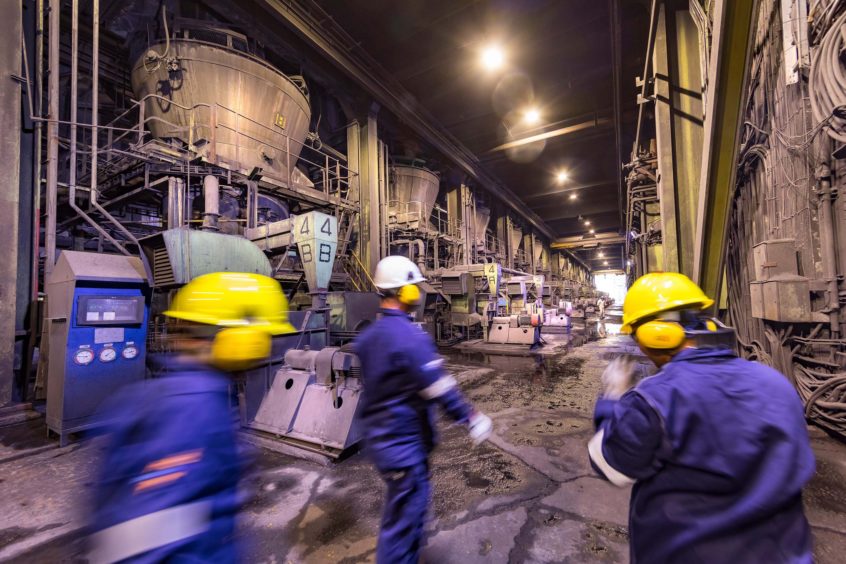
Industrial groups in South Africa have voiced their commitment to an equitable transition, while calling for increased carbon prices to be pushed back to after 2035.
The Energy Council of South Africa, alongside various groups such as the South African Petroleum Industry Association (SAPIA) and Energy Intensive Users Group (EIUG), called for “improvements” to the proposed changes.
The changes come in the proposed Taxation Laws Amendment Bill (TLAB).
A note from Cliffe Dekker Hofmeyr said amendments would increase carbon prices to reach $20 per tonne by 2026. They would then rise $2.5 per year to 2029. In 2030, it aims to reach a $30 carbon rate.
The first phase of the carbon tax started in June 2019 and will end in December 2022. The initial price was 120 rand ($6.9) per tonne of CO2 equivalent.
The proposed increases have found little favour from the Energy Council and its peers.
“Business cannot afford the proposed tax rates and simultaneously mobilise the capital needed to mitigate greenhouse gas emissions and grow or invest in new low carbon products and services,” the statement said. Increased prices coupled with a removal of tax free allowances “will result in very high costs within a short timeframe”.
Instead, the higher carbon price should “only be considered post-2035”.
Easing the transition
The group affirmed their support for carbon pricing and the government’s commitments to decarbonise. The pace of change, though, needs to be “aligned to a developing economy”. In particular, the statement highlighted challenges in South Africa around low economic growth, energy security and high unemployment.
Domestic carbon pricing will protect South Africa from border tax adjustments, a topic of increased discussion among a number of interests, such as the European Union.
The carbon tax should continue to rise as it has done, that is at CPI +2% until 2030, the group said.
The statement also called for government support to ease the transition. In other countries this has been made available, but it is not under the TLAB.
Power consumers are also at increased risk under the proposed carbon reporting. Passing these costs on from Eskom on will cost more than 24 billion rand ($1.4bn) from January 2023 to March 2025. This will place a “huge burden onto electricity consumers”.
The aim of the objections, the group of business organisations said, was to “avoid just transition impacts earlier than planned and to avoid unintended and adverse consequences to an already fragile economy”.
The Sasol squeeze
Sasol boss Fleetwood Grobler warned in its recent climate change report that the proposed carbon taxes were “challenging”. The company paid 758 million rand ($43.62mn) in carbon taxes for its 2021 emissions.
A price of $30 per tonne, Sasol has said, would cost the company $1.2bn.
Rapid hikes, it said, “will hinder our transition rather than accelerate it”. Sasol is a member of the Energy Council of South Africa, alongside Central Energy Fund (CEF), Eskom, Exxaro, Industrial Development Corporation and TotalEnergies South Africa.
Sasol’s Secunda coal-to-liquids (CTL) plant is the single largest source of CO2 emissions in the world.
NGO Just Share has said Sasol is holding South Africa’s government to ransom in its opposition to the carbon tax.
“If the government allows Sasol to strongarm it into continuous delays to a meaningful tax, the company will continue to take advantage of this to delay operational changes,” Just Share said.
Recommended for you

